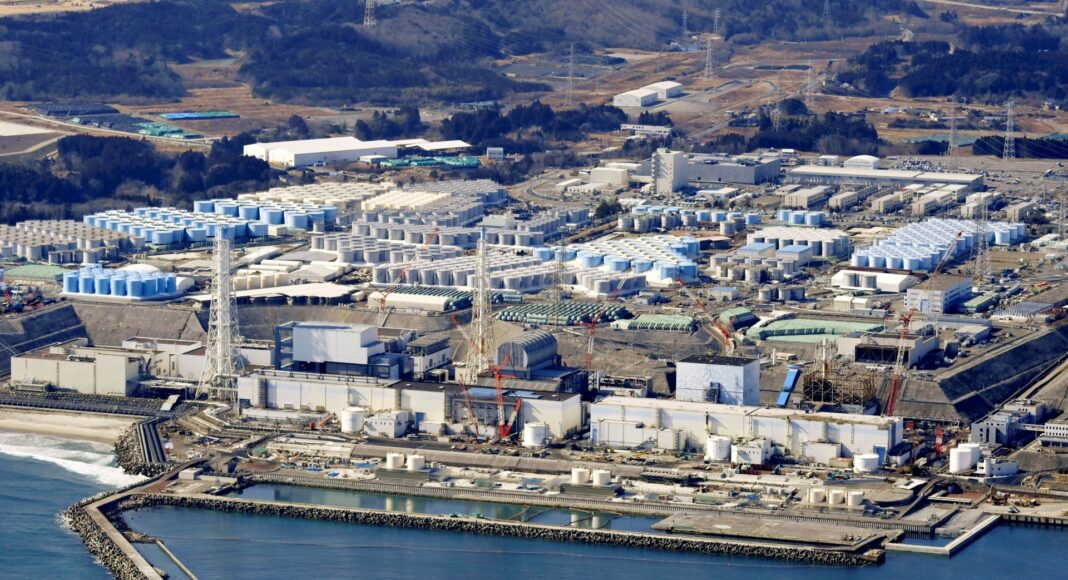President Yoon Seok-yeol’s administration says ‘health and safety’ top priority despite improving Seoul-Tokyo ties.
South Korea has ruled out lifting a ban on Japanese seafood imports from the area around the Fukushima nuclear plant despite warming relations between Seoul and Tokyo.
Seafood imports from near the tsunami-stricken plant will “never come into” South Korea due to health concerns related to leaked radiation, the administration of President Yoon Seok-yeol said on Thursday.
“With regard to the import of Japanese seafood products, the government’s stance remains unchanged that the health and safety of the people are the top priority,” the presidential office said in a statement, South Korea’s Yonhap News Agency reported.
South Korea has banned Japanese seafood imports from eight prefectures, including Fukushima, since 2013 due to fears of radiation contamination from the meltdown of the plant following an earthquake and tsunami.
A landmark summit between Yoon and Japanese Prime Minister Fumio Kishida earlier this month, during which the two leaders agreed to put their countries’ difficult history aside to focus on common security concerns, had prompted speculation that the ban could be eased, with Japanese media reporting the issue was among the to under discussion.
Seoul and Tokyo, both of which are close allies of the United States, have had difficult relations for decades due to outstanding issues stemming from Japan’s 1910-1945 colonisation of the Korean Peninsula.
In 2019, the World Trade Organization ruled in favour of South Korea’s seafood ban, reversing an earlier decision that found the restrictions to be unjustified years after the disaster.
A 2016 study by researchers from several Japanese universities found that most Japanese seafood was safe to eat and the risk of contamination “very low.”
The US Food and Drug Administration lifted its last remaining restrictions on Japanese food imports in 2021, following a similar move by the European Union.
Taiwan lifted restrictions on Japanese food imports from the region last year.
Apart from South Korea, mainland China and Hong Kong continue to block imports of food from the region, including all dairy products and fruits and vegetables.



